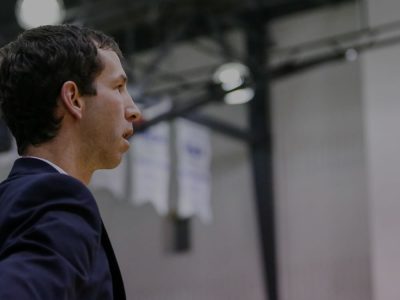By Dan Rubinstein
A few years ago, Carleton University Sociology Instructor Tonya Davidson was teaching a course on the sociology of popular culture and happened to have a class on October 31.
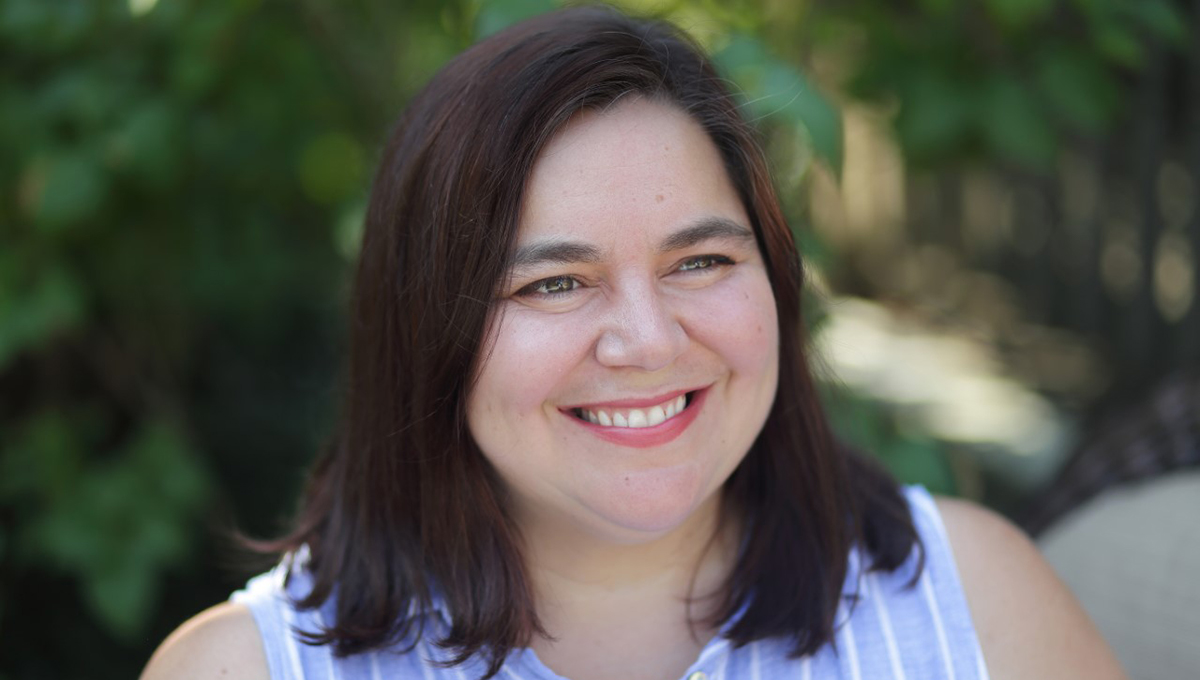
Sociology Instructor Tonya Davidson
Because it was Halloween, she decided to focus the lesson on vampires and zombies. It was so much fun, she wondered why sociologist didn’t do themed lectures all the time—a deconstruction of rom-coms on Valentine’s Day, for instance, or a philosophical analysis of the “Elf on a Shelf” phenomenon at Christmas.
That led to a chat with ongoing collaborator Ondine Park, one of Davidson’s PhD classmates at the University of Alberta, who is now a sociology professor at MacEwan University in Edmonton. They talked about Canada’s seasons and how the way we divide our calendar could provide an illuminating window into the study of social life and social change.
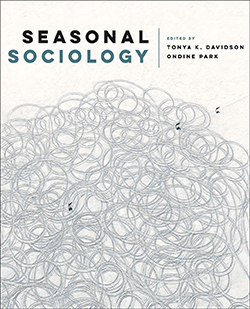 The ultimate outcome of that conversation was Seasonal Sociology, a textbook co-edited by Davidson and Park that was published last fall by the University of Toronto Press and in late January won an Association of American Publishers’ 2021 Prose Award as the best social sciences textbook. (It’s their second book together; they also co-edited, with Rob Shields, 2011’s Ecologies of Affect: Placing Nostalgia, Desire, and Hope).
The ultimate outcome of that conversation was Seasonal Sociology, a textbook co-edited by Davidson and Park that was published last fall by the University of Toronto Press and in late January won an Association of American Publishers’ 2021 Prose Award as the best social sciences textbook. (It’s their second book together; they also co-edited, with Rob Shields, 2011’s Ecologies of Affect: Placing Nostalgia, Desire, and Hope).
The new book is designed to serve both as a text for first-year sociology courses—which Davidson teaches at Carleton and loves because it’s when students are fresh and start to think critically about the world—and as an introduction to Canadian sociologists and their work.
In other words, it’s much more than an overview of the discipline itself.
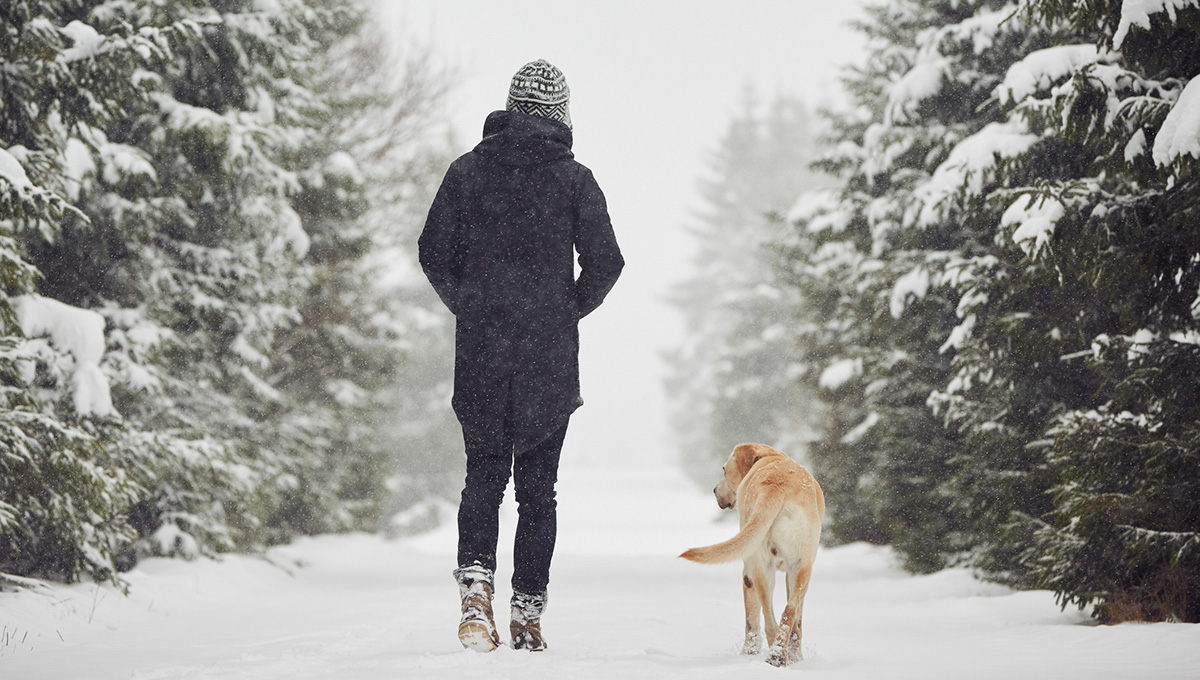
Cottages, Lattes and Spring Break
Seasonal Sociology is structured, as one might expect, into four sections—fall, winter, spring and summer—each of which has five chapters.
Among the subjects explored are pumpkin spice lattes and branding, migrant agricultural workers, Edmonton’s “winter city” mindset, whiteness and the politics of sport, alternative spring break programs and Sikh spring Vaisakhi parades in Vancouver and Surrey.
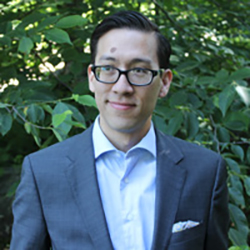
Prof. Benjamin Woo
Davidson wrote a chapter on the culture of cottaging in Ontario and Prof. Benjamin Woo wrote about blockbuster summer movies, two of the four Carleton contributors.
The book opens with an examination of a fall field trip to the Rideau Canal by Prof. Zoe Todd. Draining water from the canal in the fall killed some of the fish that Todd wanted to show her students in a graduate seminar called “Decolonizing the Anthropocene.” She uses that experience to introduce the philosophical concepts of ontology (the study of what exists) and epistemology (the study of knowing) to discuss Indigenous ways of knowing that contrast with settler colonialism.
Prof. Rania Tfaily, a demographer, wrote a chapter titled, Spring Babies, Summer Weddings, Fall Divorces, and Winter Deaths: Seasons and Population.
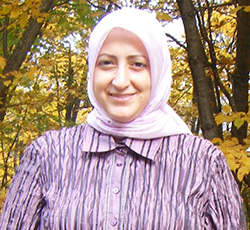
Prof. Rania Tfaily
“The very concept of a season is social,” says Davidson. “There are changes in the natural world, but how we organize time is social.”
Davidson refers to a quote by founding French sociologist Émile Durkheim that’s included in a chapter about the time farmers spend producing and marketing food: “a calendar expresses the rhythm of collective activities, while at the same time its function is to assure their regularity.”
“Seasonal traditions are a reflection of collective values,” she says, “but our adherence to them is a collective reinvigoration of how we understand ourselves as a society in both productive, pro-social ways and in ways that can reinforce systems of oppression.”
In chapter two, for example, Ryerson University sociologist Heather Rollwagen introduces students to criminology, the sociology of education and quantitative research through the framing of “back to school” season and crime. She explores how schools are social contexts for types of crime and deviance that are policed in highly gendered and racialized ways, such as girls’ spaghetti straps being seen as deviance and Black students facing harsher punishments, contributing to what sociologists call the “school-to-prisons pipeline.”
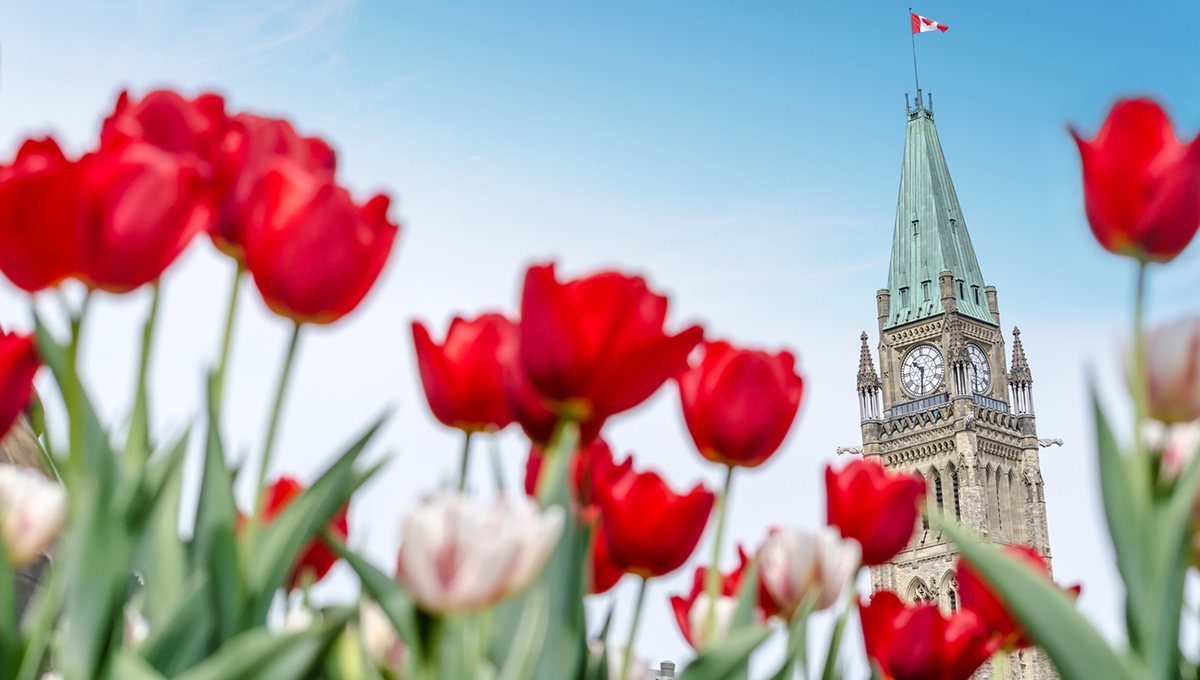
The Lure of Seasonal Traditions
Seasonal traditions are an example of what Durkheim described as “collective effervescence” — opportunities for communities to come together and share the same thoughts and actions, such as the rush of being in a cheering crowd at a hockey game.
At the same time, argues Davidson, seasonal traditions in North America also reflect the neoliberal ideology of individual responsibility: that one is responsible for their own destiny, and that for every display of togetherness there are myriad cases of social exclusion (which can be more pronounced during particularly harsh seasons).
This can be seen during the pandemic in Canadian cities such as Ottawa, where a lot of attention is being paid to maintaining skating rinks and cross-country ski trails, while access to sidewalks cleared of snow—which are required by a much larger and more vulnerable percentage of the population—doesn’t receive as much media coverage.
The value we put on seasonal traditions was also seen this past Christmas, when nearly 50 per cent of Canadians gathered with people from outside their households, even though they were warned that this could have deadly consequences with COVID infections spiking.
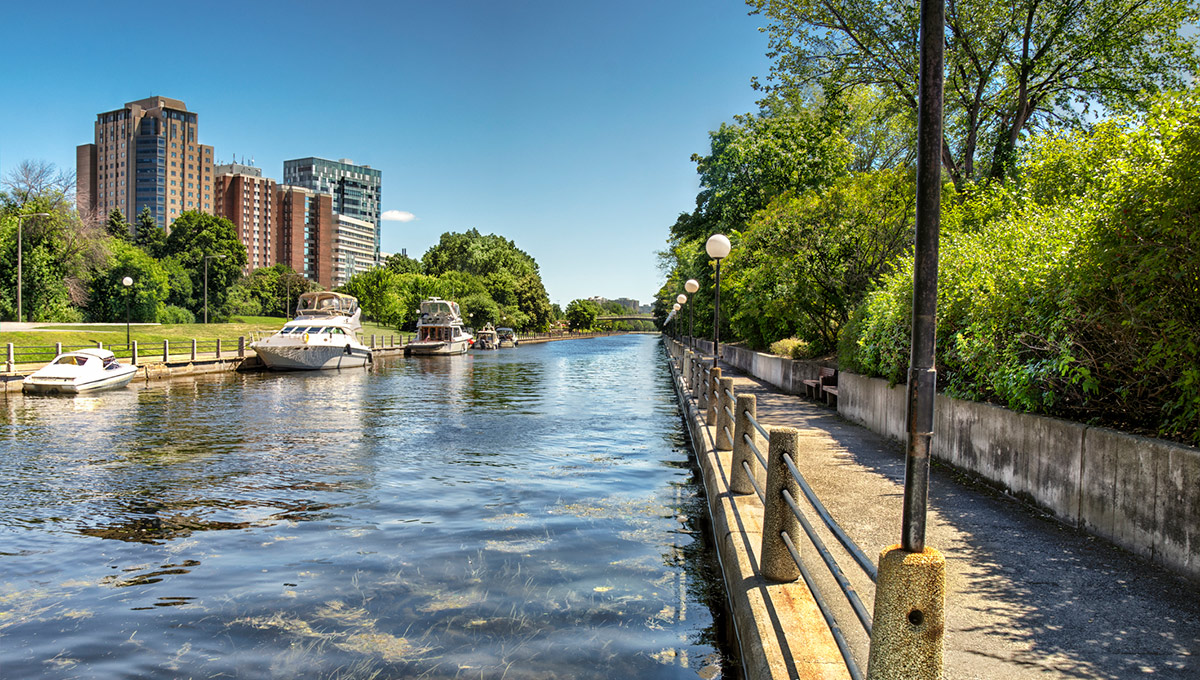
Tackling the Big Issues
Seasonal Sociology doesn’t address regional difference across Canada head on, but with contributors across the country, it features impressive geographic diversity.
Davidson’s chapter is rooted in Ontario, where every summer people are bombarded with images in TV commercials of packed SUVs arriving at lakeside cabins while bookstore windows and CBC radio promote “cottage” reading and chain restaurants offer “cottage” menus.
“These invocations of ‘the cottage’ seem to rely on an assumption that everyone has access to a cottage that they enjoy in the summer,” she writes before going to detail how “cottage ownership and enjoyment in Ontario is the result of histories of dispossession of land from Indigenous peoples,” how “assumptions about cottage ownership can be read as expressions of classism and conspicuous consumption,” and how “the quintessential Ontario summer cottage experience has also historically been gendered, experienced differently for men and women.”
This dissonance has real-world implications. Because most people in the province don’t own cottages and may not even have the money or time to rent cottages for their holidays, underinvestment in local recreational infrastructure—such as keeping urban wading pools open—accentuates existing inequalities.
“Canadian sociologists generally do tackle big social issues,” says Davidson, thinking beyond her own chapter, “and look at social phenomena through a critical lens.”
Because of how much our society has been disrupted by COVID-19, Davidson thinks sociology may acquire heightened significance in the years ahead.
“Sociology should be for everyone,” says Davidson.
“Everybody should have a dose of it.”
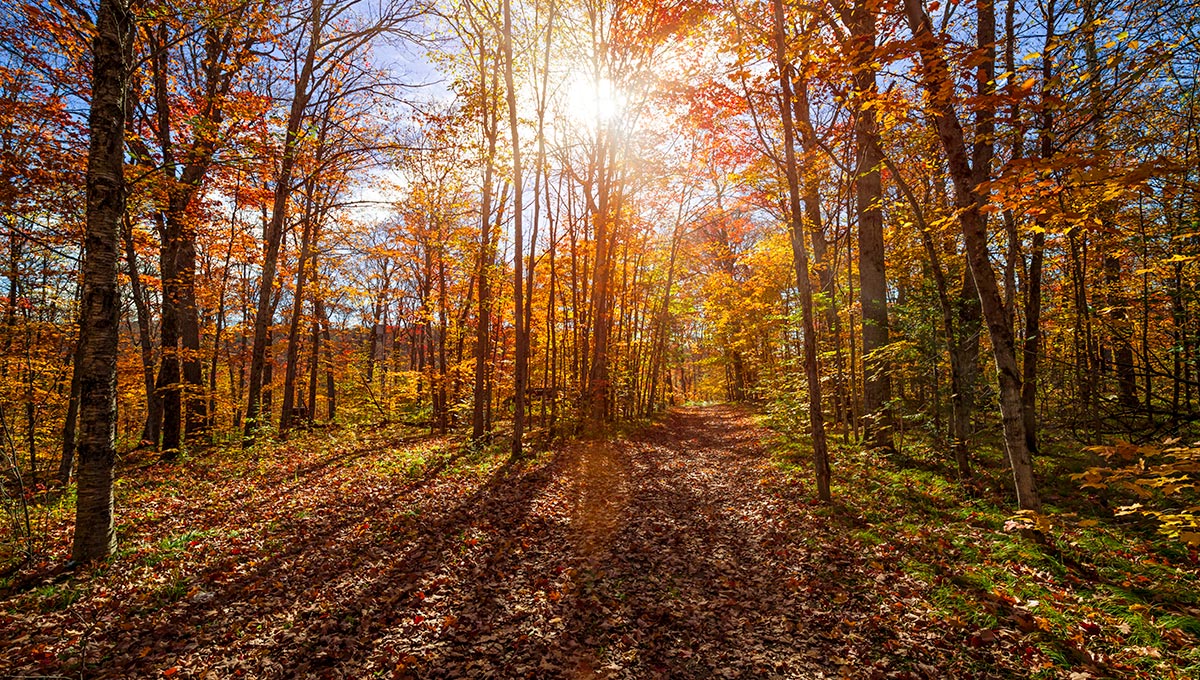
Tuesday, February 2, 2021 in Books, New/Unique Programs, Sociology and Anthropology
Share: Twitter, Facebook
